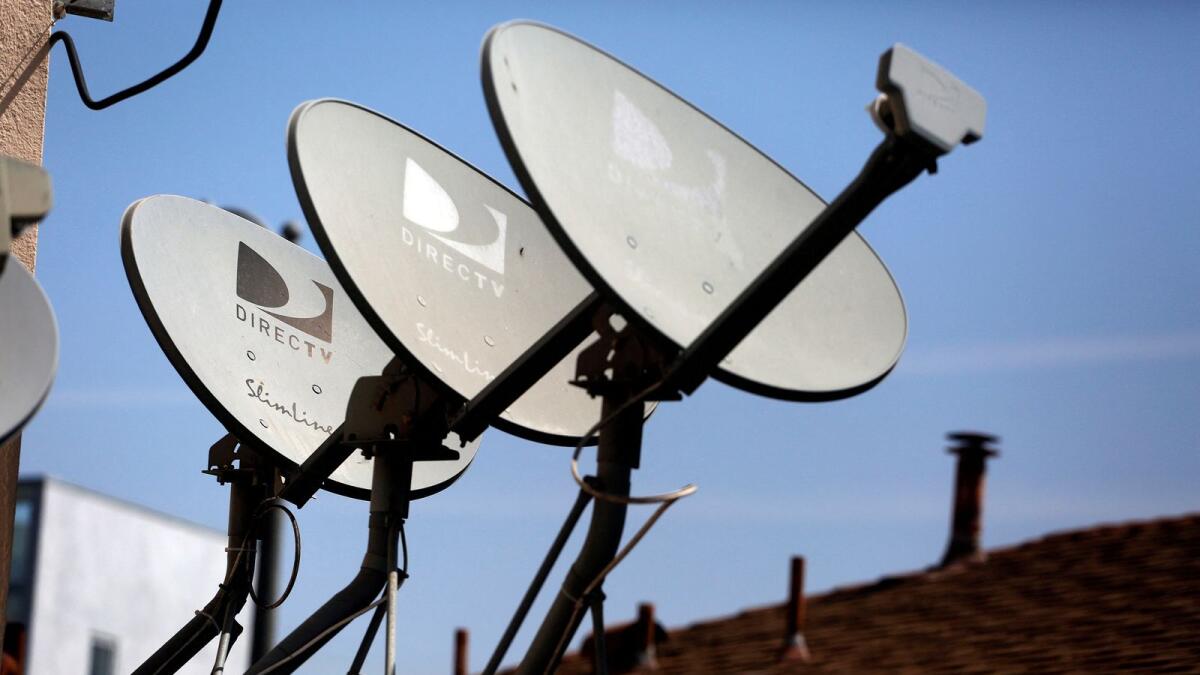DirecTV and Walt Disney are currently engaged in a dispute over rates that the satellite TV provider must pay to distribute Disney’s television networks. This disagreement, which has resulted in 11 million DirecTV customers losing access to ESPN, revolves around the future of bundled programming. This conflict comes at a time when big media companies like Disney, Fox, and Warner Bros Discover are planning to launch a streaming video joint venture focused on sports called Venu Sports.
The launch of Venu Sports got temporarily blocked by a court injunction following a lawsuit filed by sports streaming rival FuboTV, accusing the media companies of anticompetitive behavior. DirecTV is pushing for more flexibility to offer smaller packages without expensive sports channels. The goal is to lower costs for both DirecTV and consumers. DirecTV’s Chief Financial Officer, Ray Carpenter, emphasized that this dispute is about changing the industry model to ensure its survival.
Disney has proposed various options to DirecTV, including a sports-centric package that combines ESPN and the ABC network. Justin Connolly, Disney’s president of platform distribution, highlighted that the content provided to DirecTV is highly relevant to their subscriber base, with the majority engaging with Disney’s content monthly. Disney is open to offering different packages but also seeks broad distribution for its content to cater to its customers effectively.
Bundling, the practice requiring pay TV distributors to carry less-viewed networks to access popular programming like ESPN, has been a longstanding practice in the TV industry. Sports have traditionally been a driving force for pay TV, attracting viewers while cable and satellite TV subscriptions decline. However, with the shift towards streaming services, sports events are also moving to these platforms, leading to potential decline in pay TV viewership.
The launch of Venu Sports could further accelerate the decline of pay TV subscriptions. According to industry experts, the success of Venu could potentially erode the traditional linear pay TV model. Venu’s media partners have acknowledged that the sports streaming service could attract a significant portion of its customer base from cable and satellite TV providers. Despite these challenges, some pay TV companies like Charter Communications have secured concessions from Disney to offer skinnier programming packages to their subscribers.
DirecTV is focused on delivering video content to consumers and is determined to find a sustainable solution for its customers in the long term. The conflict with Disney highlights the shifting dynamics in the TV industry, as companies navigate the changing landscape of media consumption. As the battle between traditional pay TV and streaming services continues, the outcome of this dispute could have far-reaching implications for the future of bundled programming and the TV industry as a whole.











